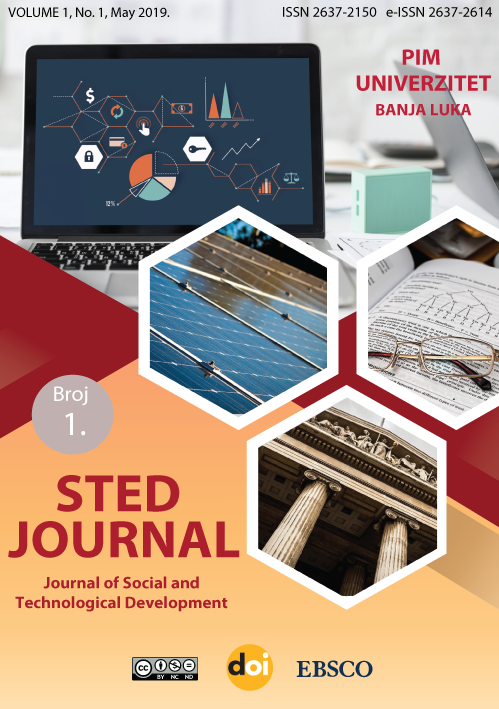Institucionalna racionalnost kao savremena alternativa ekonomske nauke i prakse
Institutional rationality as a modern alternative of economic sciences and practices
Author(s): Mladen Ivić, Milica Delibašić, Nebojša JovovićSubject(s): Economy, Sociology of the arts, business, education, Economic development, Socio-Economic Research
Published by: Univerzitet za poslovni inženjering i menadžment
Keywords: rationality;institution;institutional rationality;institutional pluralism;
Summary/Abstract: The subject of the paper is to consider the evolution of theoretical approaches to economic rationality as a key principle of economic choice in economic science. Thanks to various theoretical approaches, the category of economic rationality has got a completely different meaning and a much broader meaning than its neoclassical interpretation. The two basic (typical) theoretical models of economic behavior of man are explained and explained: full rationality and limited rationality, which can be irrational (irrational or spontaneous) behavior and institutional (so-called post-rational) behavior.In doing so, a special emphasis is placed on the fragmentation of institutional rationality, which implies institutional pluralism as the most dominant principle of economic and social development. The aim of the paper is to emphasize the importance of institutions in general and for economic development in particular, which is undeniable in contemporary economic literature, as well as the dominance of institutional (post-rational) approach to economic behavior. In addition, the aim of the paper is to briefly explain the underlying reasons for the front, as well as the consequences of non-compliance, respectively the acceptance of monistic institutional improvisations (alternatives of alternative institutions) in place of institutional pluralism. Using the methods of abstraction, induction, deduction, descriptive analysis, and comparisons, the paper attempts to prove the hypothesis that institutional pluralism is the dominant and the only possible modern development principle recommended by non-institutional economic theories (NET), and proves the practice of all economically developed countries in which there is no room for any monistic improvisations (such as neoliberalism, dirigisism, etc.). The plenary emphasizes the beginning of institutional pluralism for social and economic development.
Journal: Časopis o društvenom i tehnološkom razvoju
- Issue Year: 1/2019
- Issue No: 1
- Page Range: 45-54
- Page Count: 10
- Language: Serbian

